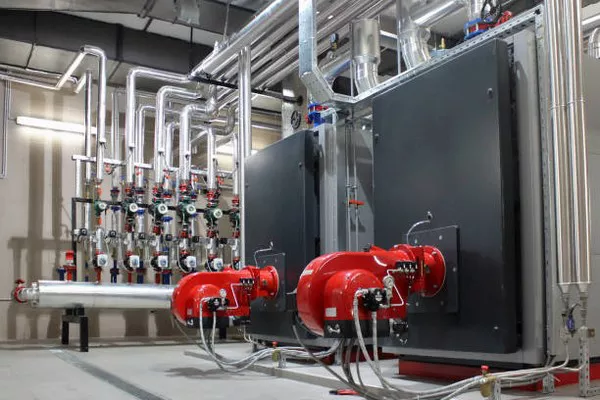In the realm of engineering and industrial applications, few devices hold as much significance as the compressor. Often referred to as the “heart” of many systems, compressors play a pivotal role across a wide array of industries, ranging from manufacturing and energy production to transportation and refrigeration. Despite its ubiquitous presence, the true essence and significance of a compressor might not be fully appreciated by all. This article endeavors to delve deep into the purpose of a compressor, unraveling its multifaceted roles, technical intricacies, and the diverse contexts in which it operates.
Understanding the Basics:
At its core, a compressor is a mechanical device designed to increase the pressure of a gas by reducing its volume. This process, known as compression, is achieved through various mechanisms, including reciprocating, rotary, and centrifugal actions. Compressors come in diverse types and sizes, each tailored to specific applications and operational requirements.
The Purpose of Compression:
The primary purpose of compression lies in harnessing the inherent energy stored within a gas or vapor. By increasing its pressure, compressors facilitate the utilization of gases in numerous industrial processes, such as power generation, refrigeration, air conditioning, and pneumatic tools. Moreover, compressed gases serve as essential intermediaries in chemical manufacturing, transportation, and even medical applications.
Enhancing Efficiency:
Efficiency stands as a cornerstone of modern engineering practices, and compressors play a pivotal role in this regard. By compressing gases to higher pressures, they enable systems to operate more efficiently, delivering enhanced performance while minimizing energy consumption. This efficiency gain is particularly crucial in energy-intensive industries, where even marginal improvements can translate into substantial cost savings and environmental benefits.
Enabling Energy Transfer:
Compressors serve as integral components in the transmission and distribution of energy. In natural gas pipelines, for instance, compressors are strategically placed along the route to boost gas pressure, facilitating its movement over long distances. Similarly, in power generation facilities, compressors play a vital role in the compression of air for combustion, thereby driving turbines and generating electricity.
Maintaining Refrigeration Cycles:
Refrigeration and air conditioning systems rely heavily on compressors to maintain their functionality. Through the compression of refrigerants, these systems extract heat from the surroundings, enabling the cooling of air or spaces. This process is essential for preserving perishable goods, maintaining comfortable indoor environments, and facilitating various industrial processes that require precise temperature control.
Supporting Pneumatic Systems:
Pneumatic systems, which utilize compressed air to perform mechanical work, depend on compressors for their operation. From powering pneumatic tools in manufacturing plants to controlling actuators in automated machinery, compressed air serves as a versatile medium for transmitting energy. Compressors play a crucial role in providing the requisite air pressure to drive these systems efficiently.
Navigating Industrial Applications:
The application of compressors extends across a wide spectrum of industries, each presenting unique challenges and requirements. In the oil and gas sector, compressors are deployed for gas processing, wellhead compression, and vapor recovery. In manufacturing, they power pneumatic machinery, control processes, and facilitate material handling. Furthermore, in the aerospace and automotive industries, compressors are integral to propulsion systems and vehicle air conditioning units.
Ensuring Safety and Reliability:
In critical industrial processes, the reliability and safety of compressor systems are paramount. Engineering standards and regulatory requirements govern the design, installation, and operation of compressors to mitigate risks and prevent catastrophic failures. Routine maintenance, monitoring of operating parameters, and adherence to best practices are essential for ensuring the longevity and integrity of compressor systems.
Addressing Environmental Considerations:
In an era marked by growing environmental awareness, the role of compressors in sustainable practices cannot be overstated. Efforts to minimize emissions, optimize energy efficiency, and transition towards greener technologies have spurred innovations in compressor design and operation. Advances such as variable speed drives, magnetic bearings, and improved lubrication systems contribute to reducing environmental footprint while enhancing performance.
See Also A Comprehensive Guide to Finding Air Compressor Parts Near You
Conclusion:
In conclusion, the purpose of a compressor transcends mere pressurization; it lies at the intersection of energy conversion, efficiency enhancement, and industrial functionality. Whether it’s powering machinery, maintaining refrigeration cycles, or enabling energy transmission, compressors serve as indispensable components in diverse applications. By understanding the fundamental role of compressors and embracing technological advancements, industries can unlock new possibilities for efficiency, sustainability, and innovation. As we continue to evolve in the pursuit of engineering excellence, the importance of compressors as catalysts for progress remains unwavering.

